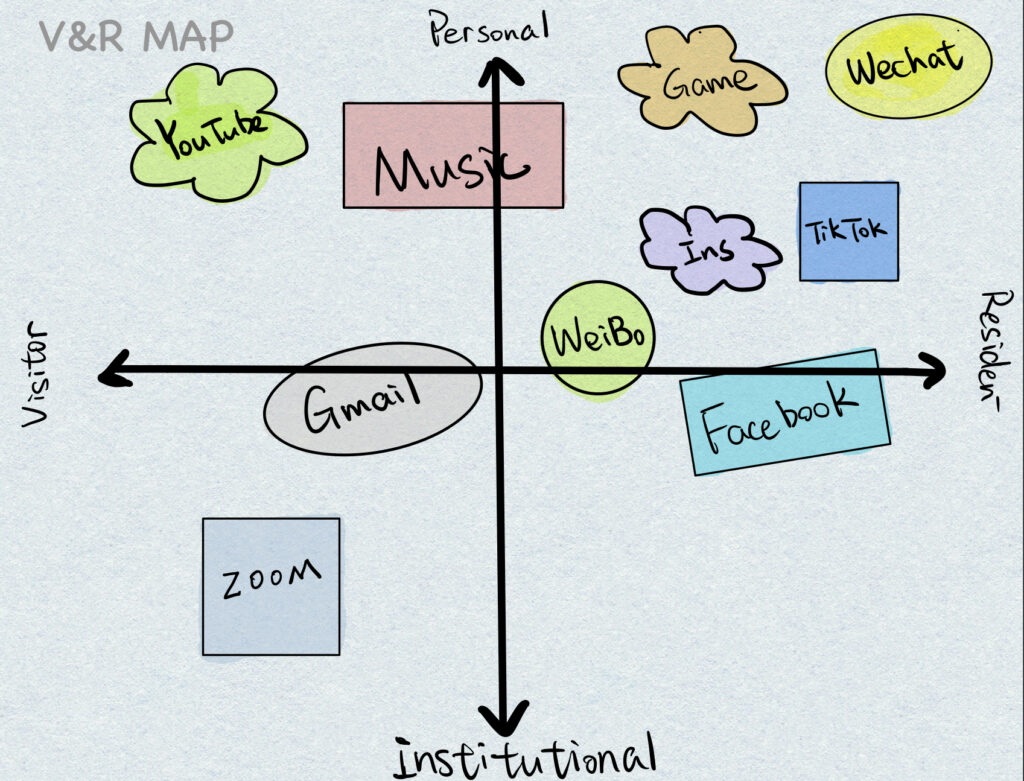Digital Platforms Students use to Develop Professional Networks
The various social media platforms, including Facebook, Twitter, and Instagram provide students with channels for developing professional networks. They can then start by inviting friends and individuals they know in the relevant profession. Besides, one can follow the social media pages of their respective professional bodies and accept the suggestion from the platforms recommended based on their expressed interests. For instance, Twitter is perceived as professional and can enhance visibility by posting, retweeting, and sharing hashtags relevant to their profession. The platform will bring them into contact with persons in their respective fields.
What Students should Consider to Expand Professional Learning Network
Beyond social media networks, students can expand professional learning networks by maintaining blogs that allow them to market their professional brands. A blog will allow a student to create organic content that resonates with readers and is relevant to the respective profession. Such content is authentic as it does not merely share others’ content. It allows one to express their mind and intellectual rigor. The blog’s content can be shared with one’s networks within the various social media platforms, further enhancing the visibility of one’s professional brand.
How Data Privacy and Security Limit or Promote a PLN
Data privacy and security limit professional learning networks as individuals are cautious of the information they share on digital platforms. There is always a fear that personally-identifying information could be misused, and therefore only necessary information for building professional networks is shared. The limitation of data shared implies that they may consider certain individuals not fit to form networks. Conversely, users may choose to form networks with those they deem fit. This situation implies that we must develop skills to choose approved networks based on limited information.
How can I create a Digital Identity/Reputation
I can create a reputable digital identity by only sharing credible information. Besides, I should be consistent in my views. I should acknowledge the alternative views and debate with others respectfully. It is also important to own up mistakes or concede when my assertions are proven incorrect.
How an Employer would Respond if they assessed my Social Media Presence via my Digital Identity
If an employer assesses my social media presence, I think they are likely to assess whether the claims I make, which regarding my views, social skills, or worldview are consistent. They may likely impute how I relate with coworkers, how I comment and respond to friends, strangers, and those with whom I disagree, and how I evaluate my life. The employer may identify my personality and adaptability from the views I express on social issues, policies, and the stance I take on various debates and posts. Unfortunately, the consciousness that one’s social media presence could inform hiring decisions has led many users to be wary of the views they express online. The implication is that using one’s digital identity to evaluate them may not be as accurate as other cautious activities.
Here is my V+R map:

June 7, 2022 at 1:38 am
Hello,
I really like your map, which app did you use to draw? I might want to modify mine based on yours haha.
Interesting comment on how employees might want to access your social media and see your world view, that makes me think about how careful we should be when building our digital identity. We should also have a sense of professionalism when using social media platforms. Do you think this is a good thing or a bad thing?
June 7, 2022 at 9:43 pm
Hi Shiyu!
Thank you for your comment. I used Notability (Notes app on iPad) to create the map.
For your question, it’s hard to determine if that’s a good thing or not. It would definitely be great to shape and show our professional talents so that we can be appreciated and get extra points. But then we would definitely be more cautious about what we say, and I feel it would turn into a feeling of pressure which is similar to what we feel at work, and there is no guarantee that it is what we really think, but rather to deal with the leaders.